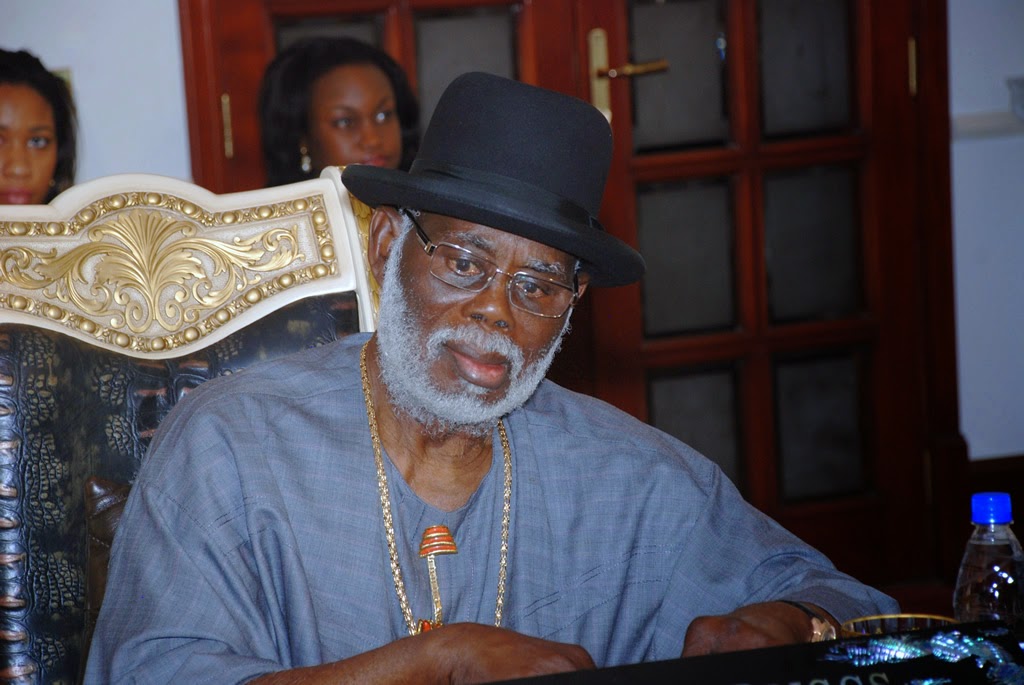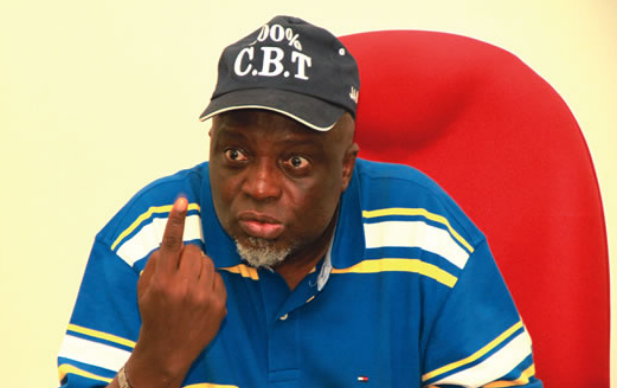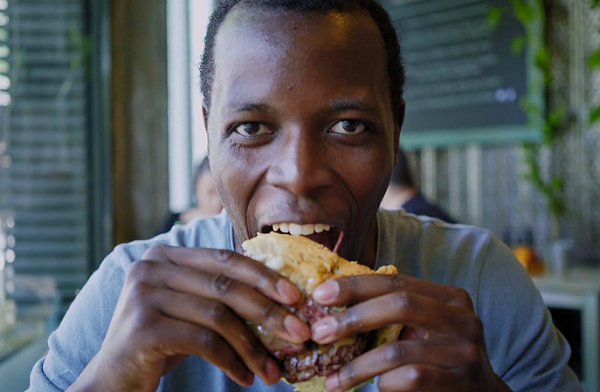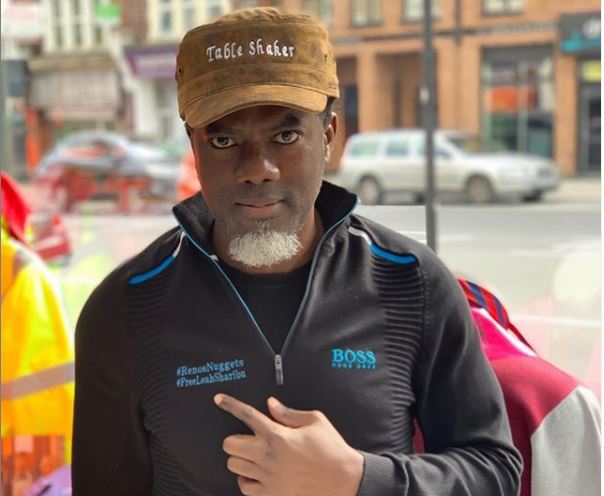Seinye Lulu-Briggs, widow of the late founder of Moni Pulo Limited, an oil exploration and production company, has filed a suit to stop the order of the Kaneshie district magistrates’ court for an inquest into the death of her husband.
The Kaneshie district court in Ghana had granted an application filed by Dumo Lulu-Briggs, second eldest son of the deceased, for an inquest into his father’s death following the delay of an autopsy report earlier ordered by the court.
E. K Barnes–Botchway, the magistrate, had said she has cause to believe that the deceased did not die naturally and deemed it necessary for an inquest.
But in the petition filed at the Ghana high court, Seinye argued that the magistrate lacked the jurisdiction to order the inquest because her late husband’s death happened outside the Accra metropolitan district where the court sits.
Advertisement
She said that the magistrate does not believe that her husband died of natural causes exposes her bias in the case.
She said all papers pertaining to her husband’s death concluded that her late husband died of cardiac arrest “due to his Parkinson’s disease”.
She also said she believes the magistrate was “unfair and acted illegally, irrationally, and procedurally improperly to have ordered the inquest” as she relied on prejudicial ex-parte evidence from Dumo.
Advertisement
“That l the jurisprudence of the Supreme Court stipulates that the coroner does not have the jurisdiction to order an inquest when the cause of death is known,” the petition read in part.
“That since the Coroner did not have reasonable cause to suspect that my late husband did not die of natural causes, she lacked jurisdiction to order an inquest into his death.
“That I am advised by Counsel and I believe same to be true that because an inquest is a quasi-judicial proceeding, the mind of a Coroner prior to the inquest and throughout the inquest proceedings must be independent and not unduly prejudiced.
“That I am advised by Counsel and I believe same to be true that the Coroner’s Act, 1960 (Act 18) stipulates that the Coroner can only conduct an evidentiary hearing after a decision to conduct an inquest and not before the decision to conduct an inquest.
Advertisement
“That I am advised by Counsel and I believe same to be true that in so far as the Police had commenced the request for an autopsy, it was improper for the Coroner to admit evidence from the Interested Party in the absence of all interested parties.
“That I am advised by Counsel and I believe same to be true that, when an autopsy has been conducted, the proper and fair procedure is for the Coroner to rely on the contents of the autopsy report to determine whether to order an inquest.
“That it is clear that in spite of the clear evidence before the Coroner which indicated the cause of my late husband’s death, the Coroner relied on the prejudicial testimony and evidence of the Interested Party to order an inquest when it was completely unnecessary to do so.”
Advertisement
Add a comment






